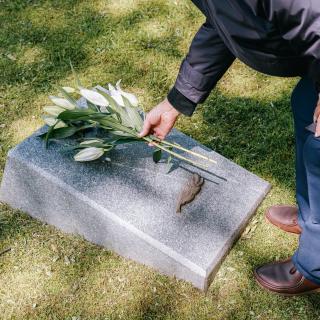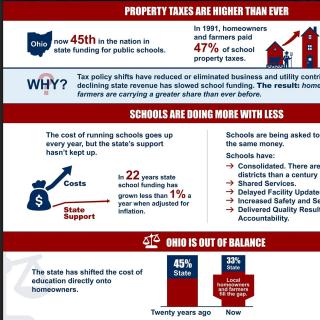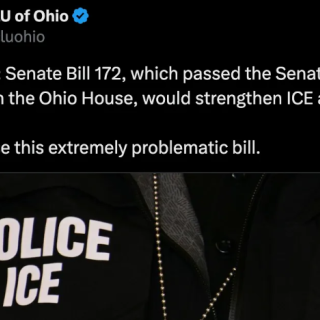Advertisement
Hello Columbus.
After a much-needed sabbatical from writing about the social issues that I feel are important, not only to me in my present life, but to my children, and all of the grandchildren that will be from the seeds of my womb, I have decided it is time to start my articles again.
I spoke with a young man, doesn’t matter the race, who said he was twenty-eight years old. I don’t know how we got on the subject, but voting came up. He said it was a “waste of time to vote.”
I have learned that it is better to speak logical when speaking with young people in regard to political matters. In fact, in regard to anything that pertains to adulthood and life. I speak to them where they live.
Instead of telling him why he should not have that opinion. I told him why I had my opinion that voting is important to me. Get that, to me, not to him. I told him that I think that the most important thing for me was to not only vote for the president of the USA. The president really has no power over what happens in the country, the House and Senate tells the president what he can and cannot do, unless of course, the president wants to go against them and, well, how often does that happen.
I told him that I was more concerned about the people on the voting ballot that controlled my water bill. The people that controlled the Columbus Police Department. Who was the mayor and was the mayor holding his staff accountable? Do the police officers even live in the districts that they patrol? How many police officers were held accountable by the mayor if they are up for reelection? My vote says I either want the mayor to stay or go.
I wanted to know and vote for the people that sat on the city school board. Do they care about the children that go to the school in their district? Are they keeping the children safe, the parents informed and the buildings up to code? Do the teachers that they hire even care about the students that they teach who are not in the district where they live? Is the School Board paying the teachers what they are worth? My vote says that I’m watching them even if I don’t have children in the school buildings, I pay their taxes to have the schools.
I told him that I vote for the City Council member that have a say in everything that goes on in my city. Are they representing me, the people where I live? Do they support us in the community? Do I see them in the community. My vote says I’m looking for you.
I told him that I vote for the governor that controls the state rules that in turn control what happens in my city. Does the governor care about me and the taxes that I pay? I care about the people that I vote into the House of Representatives and the Senators that represent the state where I live. These people are my direct link to have my voice heard on the “floor” and my vote matters because it determines what the conditions are where I live. It determines which rights are going to be taken away from me and my sex, community, race and culture.
As I spoke, I saw a glimmer of understanding in his eyes. He begin to think, not only about not voting for the president, but to think about who he could vote for, how voting might make a change where he lived. He nodded his head in the affirmative several times. When I stopped, he said “Thank you. You gave me facts.” What he meant was I was speaking to him “where he lived” not in the White House, but right here in Columbus Ohio. I know that he will think about what I have said.
The last thing I said to him was “Think about what I have said. Especially if you are going to have children” and he responded, “I will.” What’s important is that I plant a “seed” of facts and reason into the minds of those that will hear. Sometimes telling a person why you do something, instead of telling them why they shouldn’t do something, when appropriate, will help them see things with a different perspective.



